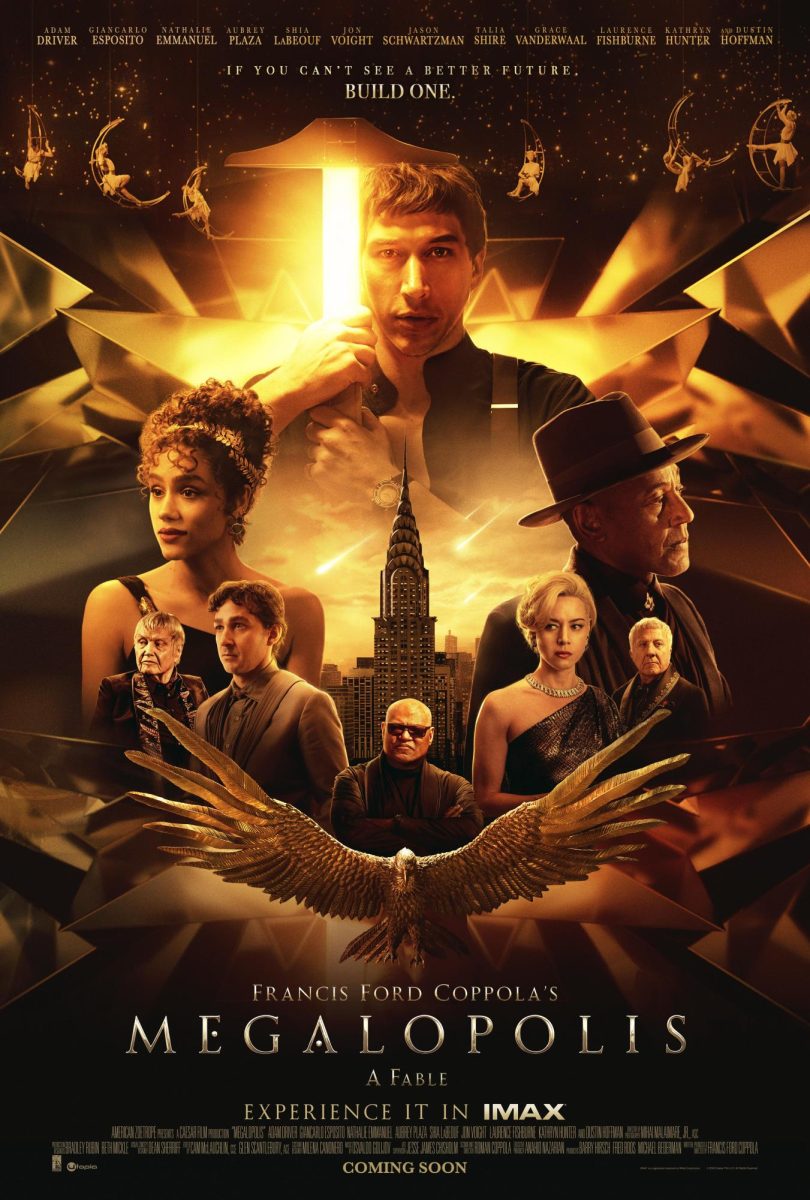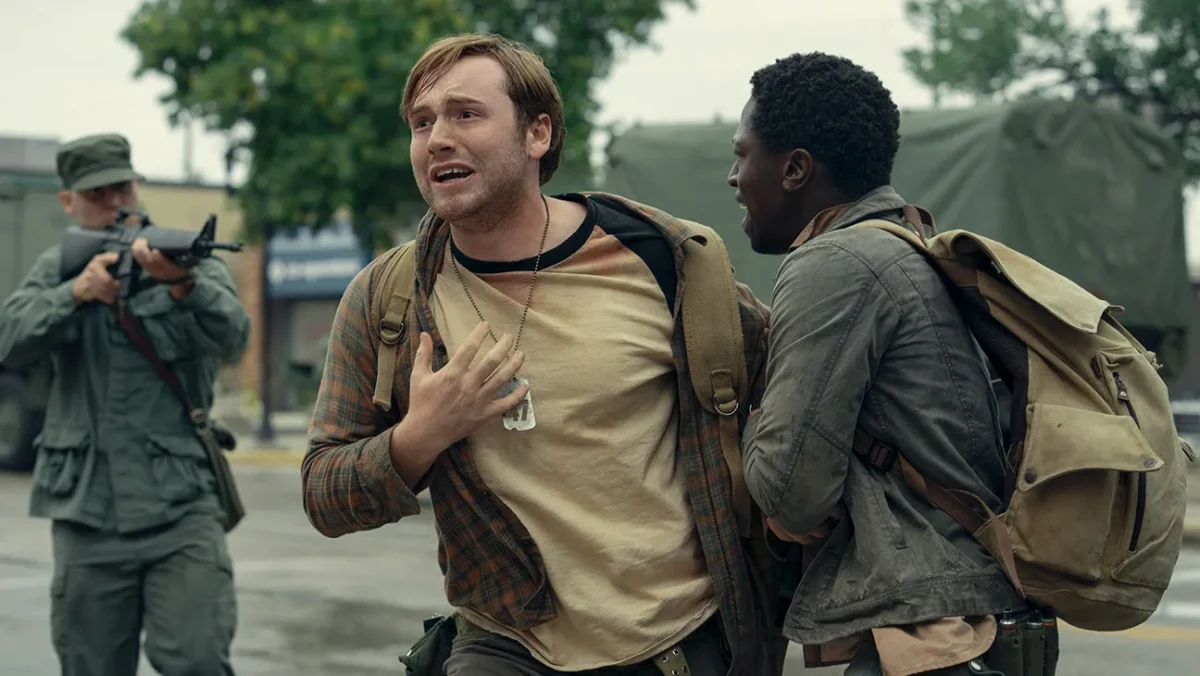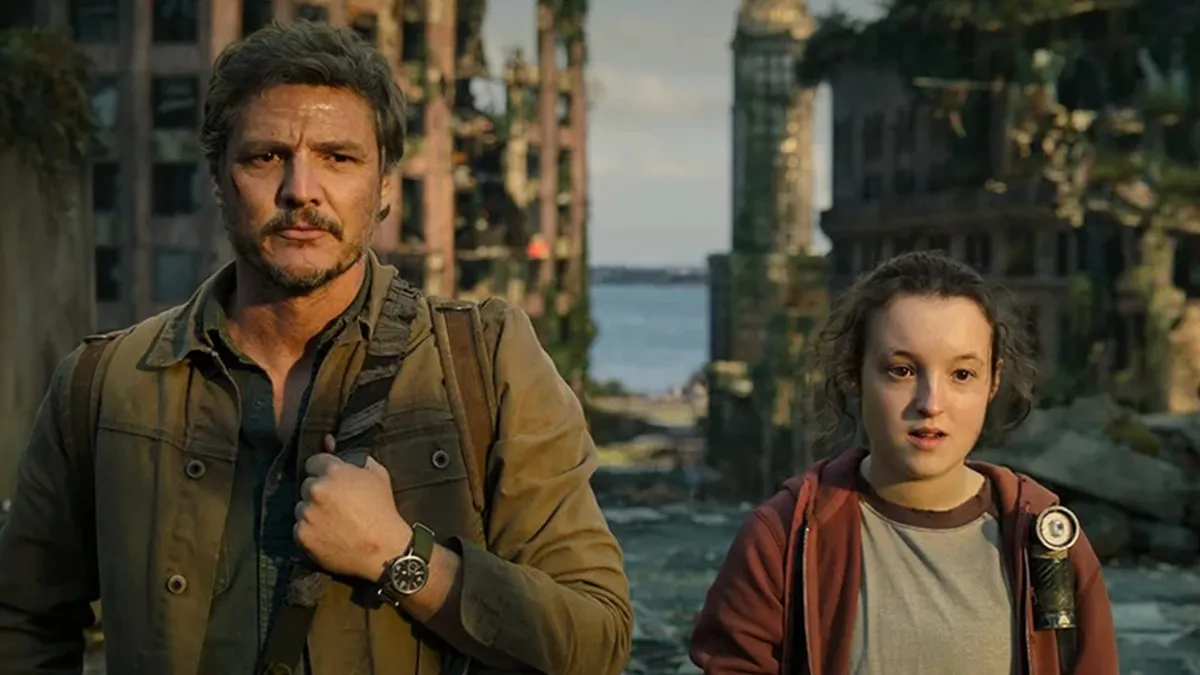In the great pantheon of cinema, when a film assumed to be mediocre is excellent, it is deemed a success. When a film assumed to be great is mediocre, it is deemed a disappointment. But when a film assumed to be great turns out to be far worse than expected, it becomes an unmitigated disaster. The latter is “Megalopolis.”
The passion project of legendary director Francis Ford Coppola, known for iconic films such as “The Godfather” trilogy, “Apocalypse Now” and “Bram Stoker’s Dracula,” “Megalopolis” is set in the near-future city of New Rome and follows three central characters: Cesar Catalina (Adam Driver), an idealist architect who plans to shape the future of the city with his new substance, Megalon; Franklyn Cicero (Giancarlo Esposito), the mayor of New Rome; and Julia Cicero (Nathalie Emmanuel), Mayor Cicero’s daughter who chooses to work alongside Cesar against the wishes of her father. The film also features an ensemble of well-known names such as Shia LaBeouf, Jon Voight, Aubrey Plaza, Lawrence Fishburne, Jason Schwartzman and Dustin Hoffman.
The film has already made countless headlines in the industry, with a constant barrage of news coming in about an extremely troubled production, including (but not limited to) Coppola selling portions of his winery to fund the movie, the near-total firing of the film’s Visual Effects department, allegations of sexual harassment by Coppola on set and a highly divided critical reception at the Cannes Film Festival. But ultimately, all those factors notwithstanding, did the film succeed?
No. And it wasn’t even close.
As a film, “Megalopolis” does not just crumble under the weight of its own ambition—no, the movie has no solid foundation at all, leaving nothing of substance but a dusty pile of rubble within its wake. For a film about building the future, the irony is not lost.
Like much of the film, the script, also penned by Coppola, is an incoherent cavalcade of ideas and plotlines scrambled about like spaghetti on the floor. There’s the central plotline with Driver’s Cesar, Emmanuel’s Julia and Esposito’s Cicero, and then there’s the plotline following Voight’s Crassus and Plaza’s Wow Platinum (yes, her name is really Wow Platinum). And then there’s the plotline with whatever LaBoeuf’s character is doing—causing mayhem in the background—all while presenting itself as a grandiose Greek epic with grand title cards and a tremendous trumpeting score.
But can the performances help salvage this film?
Of course not.
Driver’s Cesar and Esposito’s Cicero feel like straw men forced to peddle each other’s ideology at one another, with Julia stuck as a damsel between the wills of the two men in her life: her lover and her father. Another likely factor of atrocious performances is the script, with lines being written and delivered with as much subtlety as a 40-mile-per-hour head-on collision with a brick wall. The few saving graces in the acting department are Plaza, LaBoeuf and Voight, hamming it up and having fun with their roles, even if there is very little (almost nothing) to work with.
So, if the script and the acting are all over the place, what about the production design?
Still, no.
With a city called New Rome, there are so many creative choices to be made in architecture and general design. Instead, Coppola chooses to make New Rome into a facsimile of New York. The visual effects also look atrocious, as if the city of New Rome had been ripped out of a video game from the PlayStation 3. But even still, even a movie as terrible as this, there are still some signs of the past, such as kaleidoscopic sequences of prisms floating in the air, grand flashes of color as Cesar hallucinates and moments of incredible crossfade that feel ripped straight out of Coppola’s “Dracula”—although that movie did it much more eloquently than “Megalopolis” could ever dream of.
At the end of the day, when its theatrical run ends and it makes its way into the grand collective memory of films, “Megalopolis” will not be seen as one of the great epics of our day. In fact, “Megalopolis” will never reach the grand heights of the epics it tries so hard to emulate. With an incoherent plot, bad dialogue, exaggerated performances and poor special effects, “Megalopolis” has more things in common with “The Room” than it does with “Ben-Hur” or “Spartacus.” It tries its damndest to be elevated, but the floor is collapsing underneath it. All spectacle, no substance. And oh glory, is that a sight to behold.
Rating: 1/5








Jules K • Oct 18, 2024 at 3:36 pm
This is my favorite review you’ve done thus far.